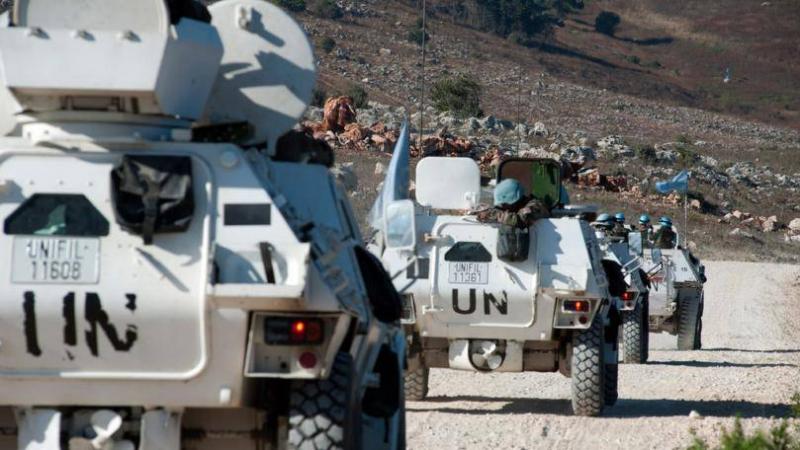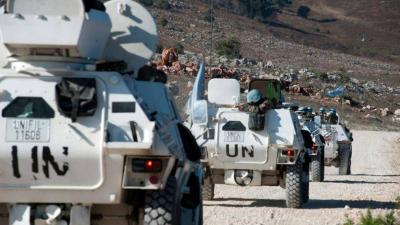This year's decision to extend UNIFIL was not met with the usual smoothness; rather, it generated considerable debate and controversy. Yesterday, it was reported that the Bkirki Palace requested the UN Security Council to remove resolutions 1559 and 1680 from the text of the UNIFIL extension decision to appease Hezbollah. To clarify, the ministry issued a statement indicating that "Lebanon respects and is committed to all UN Security Council resolutions, and it is out of the question to request or have requested the removal of references to the aforementioned resolutions in the text of the recent renewal decision for UNIFIL, knowing that the request to extend UNIFIL's mission was based on a request from the Lebanese authorities."
Before the media uproar surrounding this issue could subside, another, more heated point emerged. While the official and final text of the extension decision is not yet available, it was reported today that, for the first time, it included approval from the Security Council to expand the powers of international forces, granting them the freedom to conduct inspections and patrols within their operational area without needing prior permission from the Lebanese army or its support.
This demand was championed by Washington in New York but faced opposition from Russia and China, resulting in its disapproval in the Security Council during past renewals. However, this time, according to diplomatic sources for "Al-Markaziyyah," neither country objected, allowing the extension of UNIFIL's role and missions in the area south of the Litani River.
According to the sources, this development has alarmed Hezbollah, which has communicated in recent hours to those concerned, especially domestically, that this step will place international forces in confrontation with the villagers, which they will not be able to control if UNIFIL crosses red lines and sacred boundaries. Moreover, the party has begun searching for the official in the Lebanese state responsible for allowing such a decision to pass through the UN.
What Hezbollah may not know, or knows very well, is that the expansion of powers would not have been approved in the Security Council had Russia and China not wanted it. This means that this measure represents a new form of pressure from these two countries, particularly from Moscow, against Hezbollah, aiming to further isolate it in the south. The Kremlin's stance aligns with its position on Israeli strikes against Iranian targets in Syria, which it does not oppose at all, implicitly offering a green light for such actions.
Thus, the expansion of UNIFIL's powers falls within the framework of international consensus on the need to contain Hezbollah and all Iranian military arms in the region, and its implications are not limited only to the situation in Southern Lebanon, the sources conclude.




